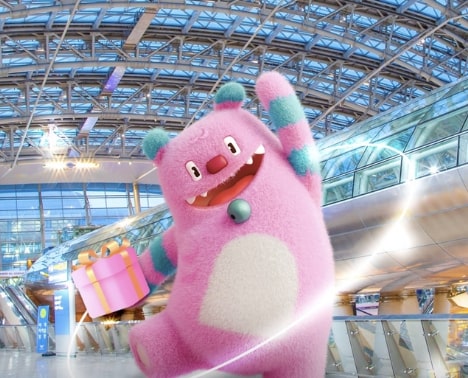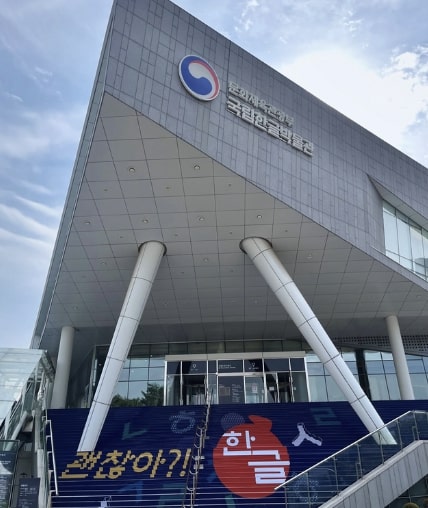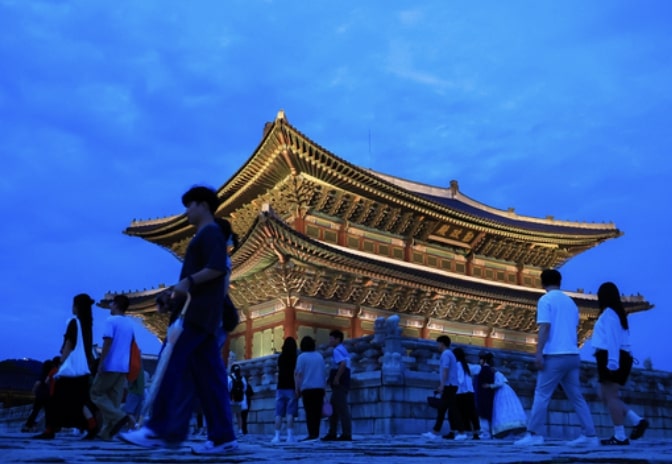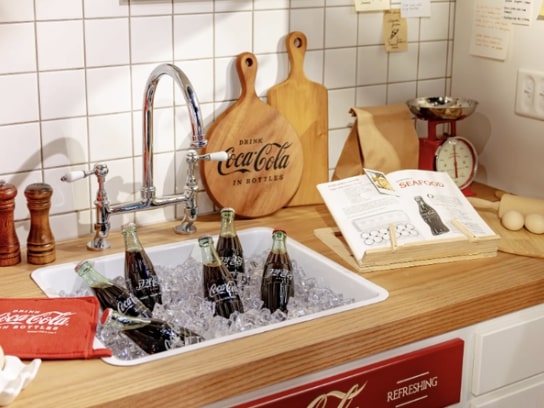
The Irony of Korea: the World’s Largest Luxury Goods Market & No-Spend Challenge
Korea is the biggest spender in the world on luxury goods
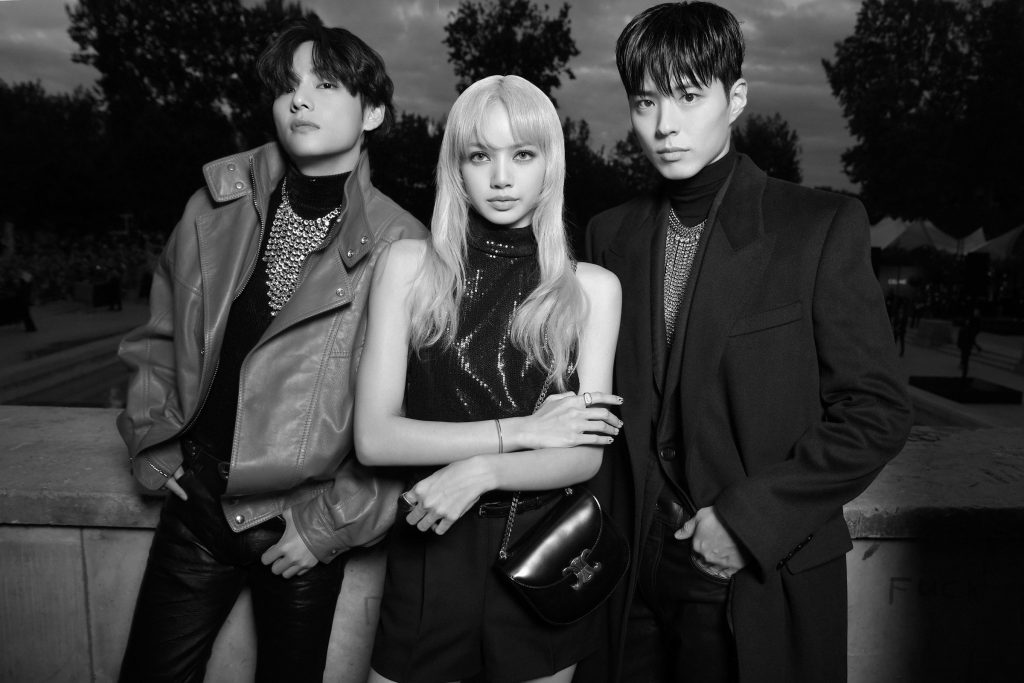
Celine Fall/Winter men’s fashion show 2023
According to Morgan Stanley estimates, Korea’s spend on luxury goods grew 24% in 2022 ($16.8 billion), becoming the biggest spender on luxury goods. It’s about $325 per capita. The United States’ spend per capita was $280 and China’s was $55.
Interestingly, the consumption of luxury goods in the 2-40s has increased.
The Open-Run Phenomenon
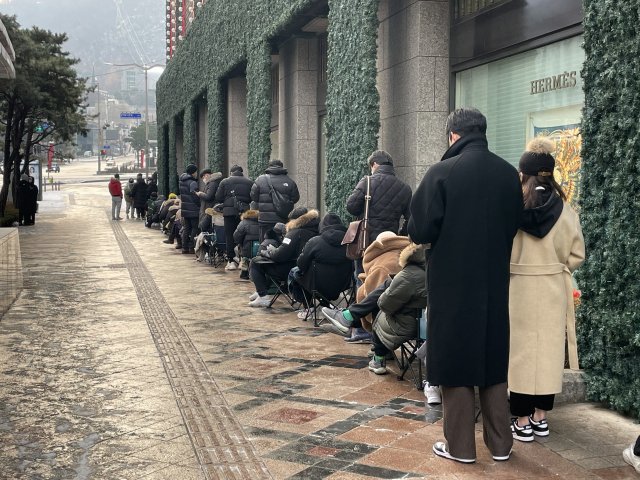
As Korea becomes the largest luxury goods market in 2022, this phenomenon has emerged over the past few years: Open-Run. It is what Koreans refer to as waiting in line before the store opens.
It especially happens in the luxury goods market and pop-up stores. Some people even bring chairs and tents with them to pull all-nighters.
WHY?
Of course, there are many complex reasons behind it. Here are some of them.
1) Luxury goods are often associated with social status in Korean culture. The possession of luxury items can represent wealth and success, which can be highly valued in Korean society. Koreans are known for their love of fashion and style.
2) Koreans are known for their love of fashion and style. Luxury brands offer a wide range of high-quality, fashionable products that appeal to Korean consumers’ tastes and preferences.
3) FOMO (fear of missing out). As more and more people consume high-priced, luxury brands, others feel pressured to follow the trend.
Doesn’t it sound like young Koreans are financially independent and make a lot of money?
Many Koreans in their 2-40s buy luxury brands like Channel, Dior, Louis Vuitton and eat out in high-end restaurants. Does that mean young Koreans are financially independent and rich?
Yes and no. There are people like that, but very few. Others are just ordinary young adults.
We will introduce some of the keywords that may demonstrate the other side of young adults in Korea below.
1) No-Spend Challenge

“Luxury goods” was a big keyword for 2022. Ironically, another keyword was “No-Spend Challenge (무지출 챌린지)”. It’s a challenge to live with minimum consumption within one’s budget that went viral among those in their 2-40s in 2022. In the extreme, some people aimed for “0” consumption.
2) Kangaroo Tribe

It refers to those who are financially dependent on their parents, living in a same house, even when they graduated from college and are old enough to move out (캥거루족 in Korean). According to analysts from Office for Government Policy Coordination, 60% of people in 19-34 live with their parents, and 68% of them said they have no plans to move out.
3) Car Poor

Some people decide to choose a luxury car over everything they have. We call them “Car Poor (카푸어)”. It’s a term for those who have difficulty living their life due to buying and maintaining an expensive car, usually imported cars. Many of them have to pay monthly installments and do side hustles.
—
UoH offers a personal assistant program with two types of services. For traveling in Korea, we assist with any type of reservations, rentals, and personal assistance. For shopping, we purchase anything you need and ship it to your home. Feel free to email us at uofhorang@gmail.com for a quote and to find out how to proceed!
